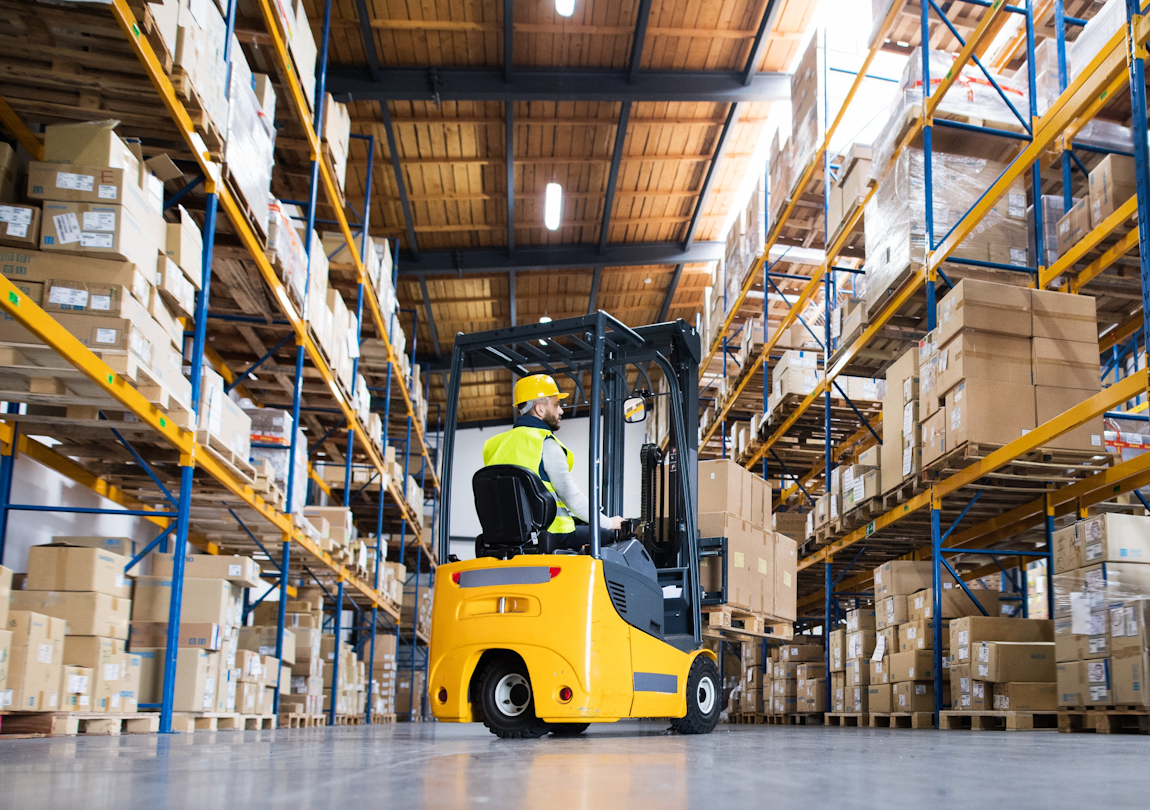The underlying causes
Brexit
Now with Brexit confirmed and UK legislation in place, more paperwork and processes are required for working with businesses in the EU. These changes have potentially caused a significant amount of waste for those who have stocks of EU compliant packaging as well as many companies have stockpiled material at the end of 2020 due to the uncertainty about a deal. The unified territory for packaging materials and products will be divided which will mean significant challenges for brands and their packaging supply chains. The Office for National Statistics reported that after the Brexit transition period ended, UK goods exports to the EU plummeted 40.7% in the month of January and imports dropped 28.8%. These falls in imports and exports are the largest monthly declines since comparable records began in 1997 and contributing to significant delays in lead times.
Pandemic
Currently, a combination of both Brexit and coronavirus has resulted in increased demand for certain products which has led to shortages in the packaging industry. UK online sales grew 74% year-on-year in January 2021, this is the largest rate of growth since the start of the first lockdown in March 2020. The steep rise in ecommerce during the pandemic meant that many businesses had to suddenly adapt their e-commerce model to meet the steep increase in demand for home deliveries. Looking at the recent statistics this is continuing to be the case for 2021, which will only further impact the shortages packaging industries are currently facing.
Delays in online deliveries have already risen due to the shortages of cardboard. The increase in demand for online deliveries has caused many firms to blame the online marketplaces such as Amazon and eBay for the cardboard shortages. Amazon have been buying up huge supplies of cardboard which has led to further difficulties for smaller retailers who feel that the larger businesses are taking more than their fair share.
On top of the rise in demand, manufacturers still have the added pressure of balancing social distancing with the increased production. As you can imagine, this has led to further difficulties in increasing capacity.
Global shipping crisis
Worldwide there has been an imbalance in container shipping flows, leading to containers not being in the right place for moving cargo. Continuous trade slowing, stopping, and starting due to the pandemic, has now caused widespread disruption to usual trade movements. This means the delays in ports and extensive shortages of containers has caused significant increases in handling and logistics costs. This imbalance has affected the costs of shipping which has proven to be a challenge for businesses in all types of industries. Sea freight costs increased by over 400%.
Shift in consumer behaviour
Sustainability is definitely still one of the top priorities with consumers. More awareness for our environment is being raised by initiatives such as the B-Corp movement. Companies are listening and acting upon this with many having clear KPI’s set to ditch plastic. To do this companies and even entire countries are switching over to paper-based materials, which is creating even more pressure on an already struggling corrugate market.
Due to the shortage in the corrugate industry, some retailers have now switched back to plastic solutions, however with a particular focus on recyclability. For instance, home baking became so popular during the pandemic that corrugate egg boxes were switched to plastic to simply keep up with demand.
The changes in consumer habits are also having an impact on the recycling schemes. According to the Recycling Association, the circulation of newspapers was down by 20 to 30% which has an impact on the composition of waste entering the recycling facilities. In addition, with so many people having packaging in their homes or in their garages, there is a particular challenge of getting this paper back in the recycled network and back into the mills so it can be converted and reused.
The CEO at The Recycling Association said that with 84% of Europe’s cardboard being made from recycled fibre, they can see the demand of recycled fibre being a critical link in the supply chain. They revealed it would be a challenge for processors to secure all the fibre they need due to the huge global demand for paper for producing packaging.
The effect on corrugated cardboard
Due to the ongoing surge in home deliveries driven by the pandemic, partnered with the world’s lockdown measures, corrugated cardboard seems to be this year’s ‘toilet paper’ when it comes to shortages. As you may have heard, demand for corrugated cardboard has surpassed the capacity of papermills. This has caused substantial delays as well as challenging market conditions. It is expected to continue for the remainder of the year, with most leading corrugated plants now booked out until August. Also, the smaller converting plants are regularly having their allocation of board short shipped by up to 30% which compounds supply of end product.
It has been named ‘the hunt for beige gold’ as the surge in home deliveries has led to cardboard shortages. Many industries have been impacted, including the food and drink sector where wine deliveries have also experienced the impact. Particularly affected after experiencing a rise in demand following the closures of pubs and restaurants, some wine deliveries have not been able to deliver wine on time because of the unexpected shortage of cardboard.



